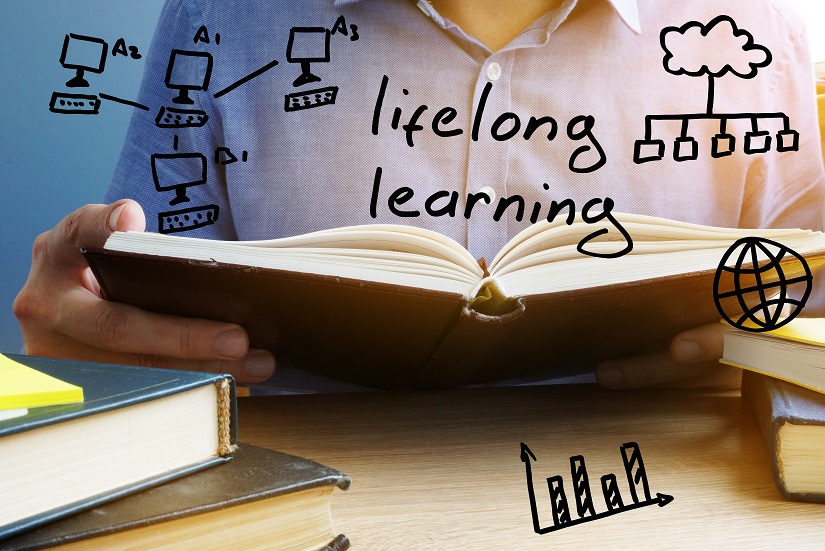
The ability to leverage non-negative backward and forward knowledge transfer as well as avoiding catastrophic forgetting remains a central challenge in effective lifelong learning, and ultimately a key obstacle in achieving human level intelligence. Within humans, continual knowledge consolidation within the Hippocampal region is vital to the process of learning and 'memorization’. [1, 2]
Further, a central theme in modern deep learning is the limiting nature of re-training and continually fine-tuning models with expensive annotations for any application. This is particularly true in medical imaging analysis - where given the significant expert-labelling costs, data scarcity beyond the most popular diseases, it is clear that manual annotation of medical images isn’t a scalable solution for every new pathologies or datasets. Our models today are brittle to deviations in the data they observe over time.
To that end, we’re interested in two goals:
One, Developing general bio-inspired memory systems that exhibit these very properties of the hippocampus, and allow deep learning models to exhibit these human-like lifelong learning abilities.
And Two, using what we learn on general lifelong learning to improve the quality, robustness and cost/data efficiency of real-world AI systems for healthcare. Ideally, making it possible to predict pathologies where data simply isn’t available or affordable.
[1]: Pablo Alvarez and Larry R Squire. Memory consolidation and the medial temporal lobe: a simple net-work model.Proceedings of the national academy of sciences, 91(15):7041–7045, 199 (https://www.ncbi.nlm.nih.gov/pmc/articles/PMC44334/)
[2]: Alfonso Caramazza and Jennifer R Shelton. Domain-specific knowledge systems in the brain: The animate-inanimate distinction.Journal of cognitive neuro-science, 10(1):1–34, 1998. (https://direct.mit.edu/jocn/article/10/1/1/3268/Domain-Specific-Knowledge-Systems-in-the-Brain-The)